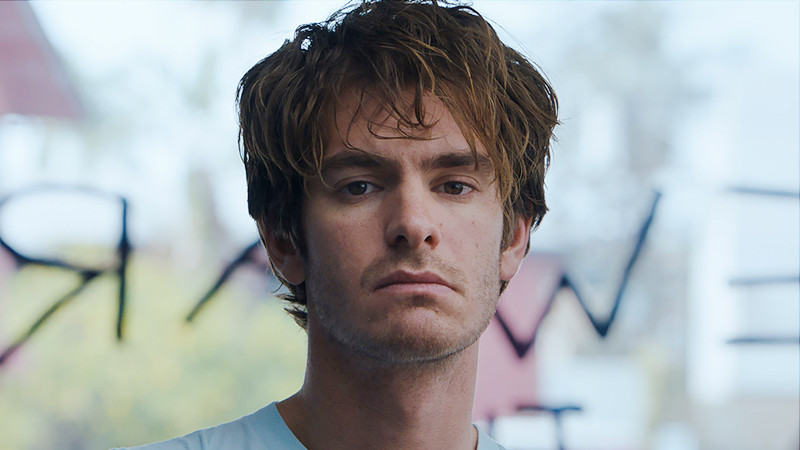
The 2010s was a decade packed with a bevy of instant classics that gave us plenty of reasons to believe that cinema is still alive and well. Word-of-mouth hits like “Parasite” shattered expectations and carved a niche for themselves despite the alarming dominance of multi-billion-dollar franchises at the box office, the growing popularity of prestige television, and the emergence of streaming services.
However, for every exalted critical darling that suddenly took on a life of its own against all odds, countless other titles fall by the wayside through no fault of their own. This is a list that aims just at that; casting a light on a selection of films that were wrongly panned by critics, bombed at the box office, or at the very least, remain in relative obscurity in spite of their quality. Without further ado, here are 10 underrated movies from the past decade that deserve a second look.
1. An Elephant Sitting Still (Hu Bo, 2018)
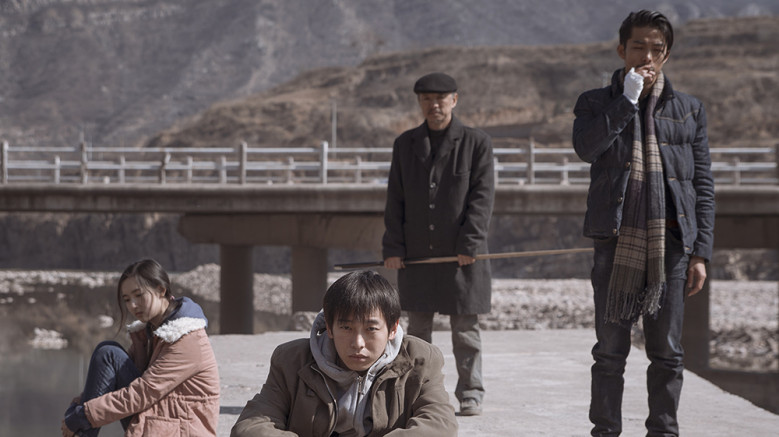
Hu Bo’s first and only feature film is four hours long, but that only sounds like a lot until you actually start watching it. A contemporary epic whose power matches the scale of its vision, “An Elephant Sitting Still” guides us through the northern Chinese city of Manzhouli, where four lonely characters cross paths and brush past each other, perpetually searching for belonging and solace while the concrete jungle they inhabit seems to be collapsing on itself.
Just like the film’s tortured souls, you’ll find yourself repeatedly questioning yourself as you watch the story unfold. And though the movie often tests the viewer’s patience with its unhurried pace, there are certain moments, scenes, and images that hang around and are only possible within the framework that its lengthy runtime provides. Though it provides no cosmic revelations and raises more questions than answers, if you roll with it, the experience will be nothing short of revelatory — though there’s also a chance you might feel like crawling into a hole once the credits roll.
2. The Other Side of the Wind (Orson Welles, 2018)
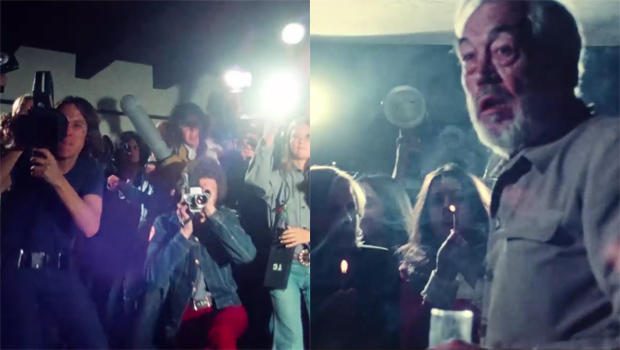
We had no shortage of shocking surprises during the past decade, but Netflix posthumously releasing Orson Welles’ final film, 50 years after being conceived and subsequently stuck in production hell, was truly a bolt from the blue.
At once a daringly experimental, found-footage-style mockumentary, a raucous elegy for filmmaking, an autobiographical meditation on art, and a piercing smackdown of Hollywood’s poisonous ecosystem, “The Other Side of the Wind”, with the legendary John Huston as its steadfast avatar, follows an aging director joined by his crew, studio honchos and a bevy of colorful characters as his final movie production draws to a close.
As the film-within-a-film goes deeper down the rabbit hole, tensions boil over ever so uncontrollably between the grizzled director and his embittered protégé (Peter Bogdanovich), who also happens to be a successful filmmaker in his own right. Angry, radical, dazzling, and mystical in equal measure, Welles’ swan song tied an elegant knot at the end of his legendary career.
3. Inherent Vice (Paul Thomas Anderson, 2014)

Hailing from the proud bloodline of “The Big Sleep”, “The Long Goodbye” and “The Big Lebowski”, Paul Thomas Anderson’s convoluted stoner noir pits a free-spirited hippie turned private investigator (Joaquin Phoenix, in a career-best performance), who suddenly finds himself drawn into a deeply complex web of conspiracy, crime, and deceit in 1970s LA.
Though unfairly slammed for its overly complicated narrative, in putting us in the shoes of an addled, idealist stoner helplessly trying to expose the squirming hotbed of corruption and oppressive systems ingrained in American society, Paul Thomas Anderson not only deconstructed film noir tropes; he recontextualized and transformed them into something that feels like a cross between a Vietnam-era time capsule and a mordant critique of our age.
Yet again, much like Thomas Pynchon’s eponymous novel, “Inherent Vice” throws so many twists and curveballs at the viewer that it is hard not to sympathize with anyone that felt perplexed 9 years ago at the multiplex. But herein lies the film’s biggest strength: what’s unfathomable about it is precisely what makes it so enticing and rewarding to revisit.
4. Embrace of the Serpent (Ciro Guerra, 2015)
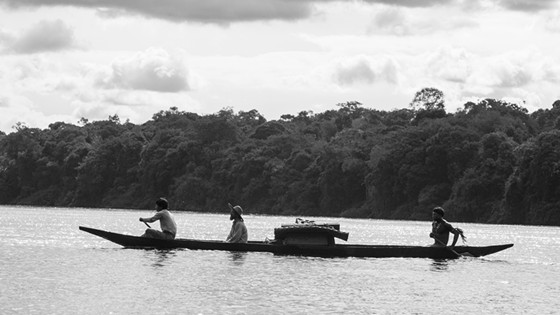
The evil ghosts of colonialism and first-world cruelty rear their ugly head in Ciro Guerra’s astonishing “Embrace of the Serpent”, an enthralling spiritual odyssey that burrows deep into the dark heart of the Amazonian rainforest recounting the journey of two European explorers who, several decades apart, traversed the Colombian jungle and made contact with an indigenous tribe threatened by extinction.
Juggling the immersive atmosphere of “Apocalypse Now” and the mythic grandeur “Aguirre: The Wrath of God”, with ample doses of Andrei Tarkovsky for good measure, South American director Ciro Guerra delivered one of the most transportive experiences of the decade; one that feels like it belongs to another era of filmmaking altogether. “Embrace of the Serpent” is, full stop, unlike anything we saw in the 2010s: an indescribably transcendent parable with a timely message and a long fuse that will somehow soothe and startle your soul at the same time. Not to be missed.
5. The Grandmaster (Wong Kar-wai, 2013)
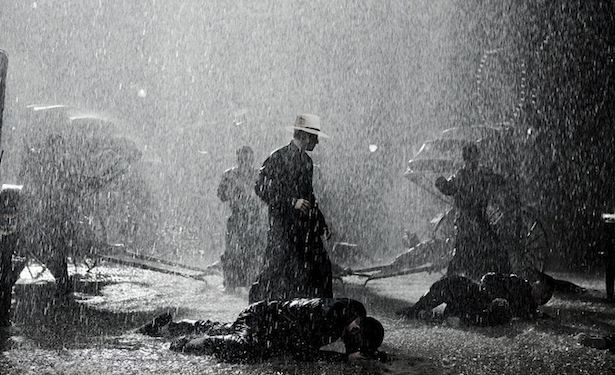
Though Wong Kar-wai’s standing in the cinematic zeitgeist is as strong as it’s ever been, with his timeless tales of ephemeral love, wistful longing and expired pineapples only continuing to grow in stature and recognition worldwide, his final outing still merits a second look.
In 2013, the acclaimed Hong Kong auteur reunited with his loyal stalwart Tony Leung in a long-gestating Kung fu epic saga chronicling the life of Bruce Lee’s legendary mentor Ip Man. The original 130-minute film opened to rave reviews domestically and remains a sprawling actioner full of breathtaking choreography and sumptuous visuals, with the backdrop of the Second Sino-Japanese War serving only to underscore the human conflict at its core.
Unfortunately, notorious producer Harvey Weinstein decided to whittle down its runtime for American distribution down to 104 minutes, butchering much of the film’s political subtext and front-loading it with unnecessary explanatory intertitles. The result? A ham-fisted assembly that pales in comparison with Wong’s original vision and deprived Westerners of a delectable offering by one of the great cinematic masters of our time.